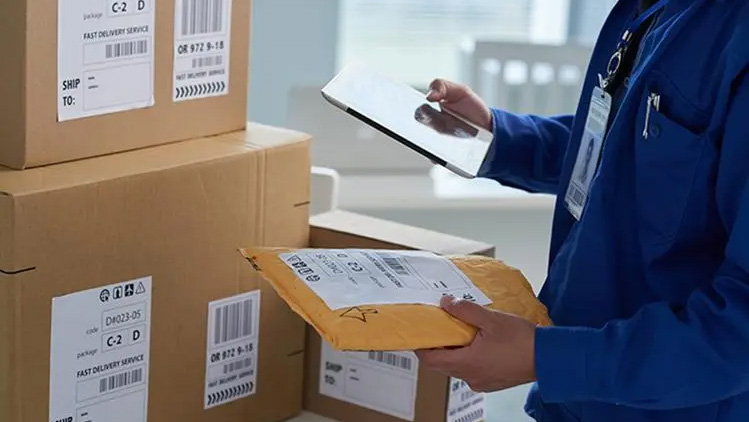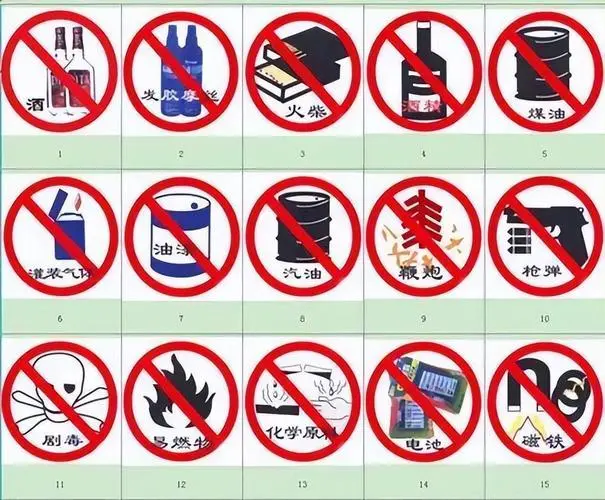1. Liquids, Powders, and Pastes
- Liquids: This includes beverages, perfumes, chemical liquids, hand sanitizers, makeup removers, moisturizers, wet wipes, thermometers, alcohol pads, etc. These items may contain flammable, explosive, or corrosive components and require special attention during transportation.
- Powders: Such as flour, protein powder, bean powder, baby formula, extract powders, powdered medications, etc. Powders can easily become airborne during transportation and, in some cases, may cause explosions.
- Pastes: Like ointments, skin lotions, facial cleansers, etc. These items often contain a certain amount of oil or moisture and may also contain flammable or corrosive components.

2. Electronic Devices with Batteries or Magnets
- Electronic Devices with Batteries: Appliances powered by batteries or containing internal batteries, such as Bluetooth headphones, mobile phones, computers, watches, fans, clocks, power banks, etc. Batteries can affect magnetic fields and electronic signals, potentially interfering with flight safety.
- Items with Magnets: Such as refrigerator magnets, speakers, noise-cancelling headphones, etc. Magnetized items can generate electromagnetic waves during high-speed flight or interfere with magnetic electronic signals due to their own magnetic fields.
3. Branded and Replica Items
- Branded Items: Goods containing international brands, whether authentic or replicas, typically require special handling. International brands like Adidas, Nike, Chanel, etc., involve intellectual property rights issues during transportation.
- Replica Items: Due to potential intellectual property infringement, replicas are also considered sensitive items in cross-border e-commerce.
4. Food, Medications, and Cosmetics
- Food: Such as snacks, dried fruits, health supplements, spices, teas, etc. These items involve bio-invasion concerns and usually require quarantine certificates for international transportation.
- Medications: Including pills, potions, ointments, etc. Medications require special attention to temperature, humidity, and other conditions during transportation to ensure their safety and effectiveness. They may also involve intellectual property rights and legal issues.
- Cosmetics: Such as lipstick, foundation, sunscreen lotions, etc. Cosmetics often contain various chemical components that may affect human health. Therefore, special attention is required for packaging and labeling requirements during transportation.

5. Other Sensitive Items
- Sharp Tools and Offensive Goods: Including sharp kitchen utensils, stationery, hardware tools, toy guns, etc. These items may cause damage to other goods or personnel during transportation.
- Religious Items: Books, supplies, clothing, and props related to religion. These items may require special review during customs clearance to ensure compliance with the laws and regulations and freedom of religious belief principles of the destination country.
It’s important to note that the definitions and restrictions for sensitive items may differ between countries and regions. Therefore, when engaging in cross-border e-commerce business, it’s crucial to understand the relevant laws and regulations of the destination country and the regulations of transportation companies to ensure smooth transportation and customs clearance of the goods. Additionally, for the transportation of sensitive items, it’s recommended to choose a transportation company with relevant experience and qualifications to reduce transportation risks and costs.
